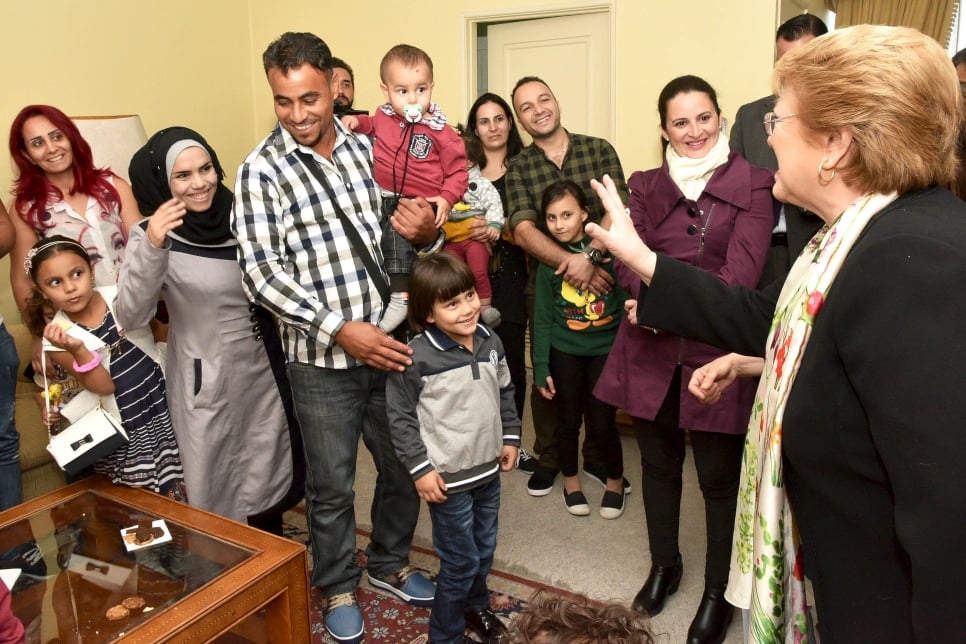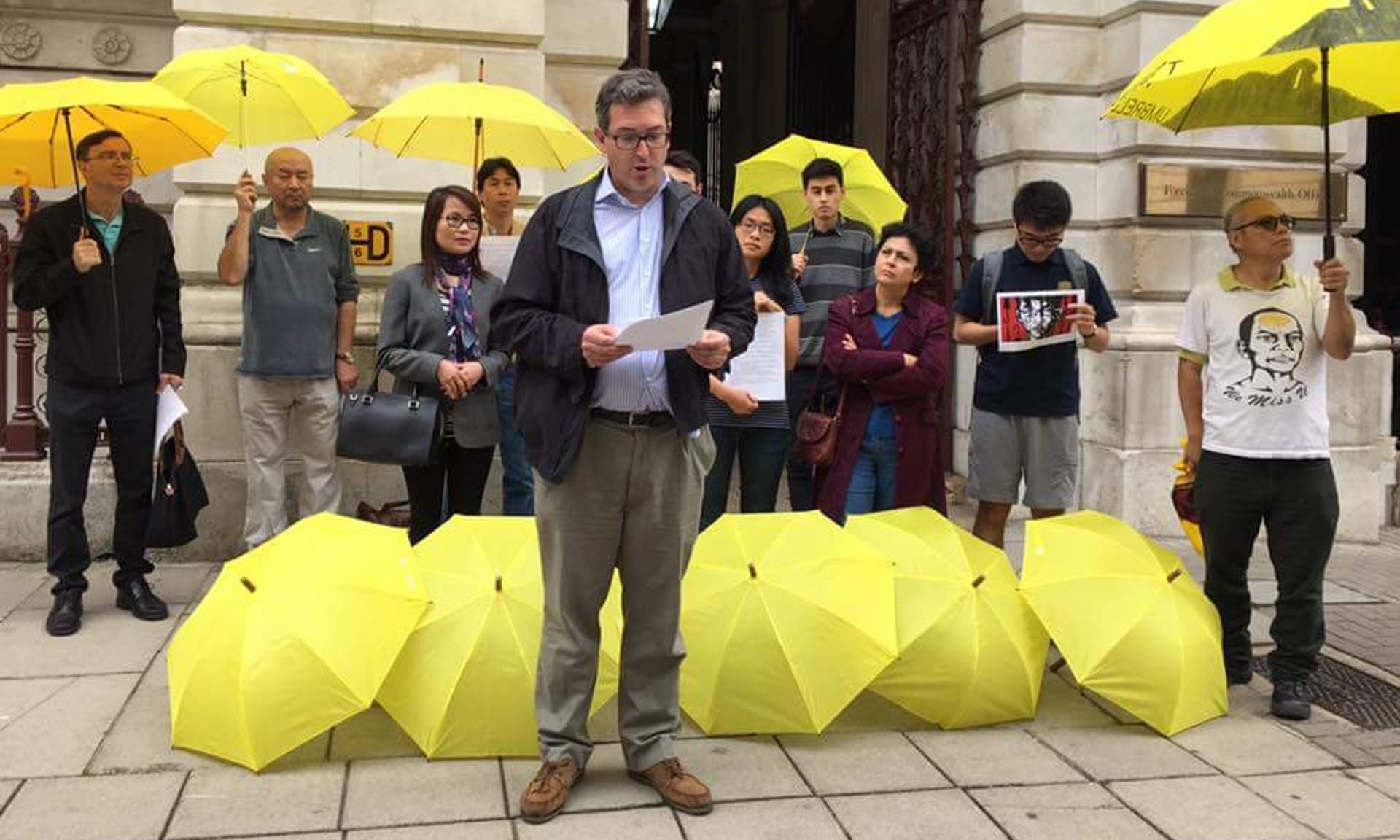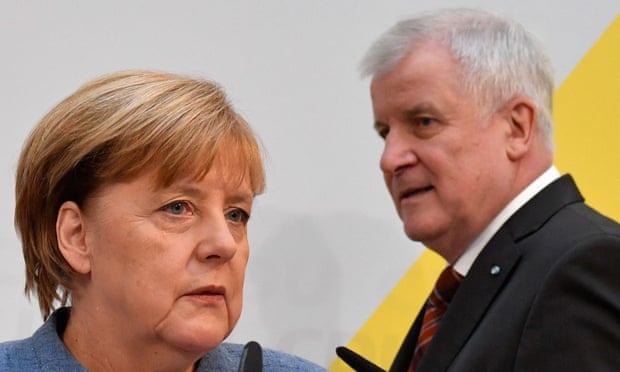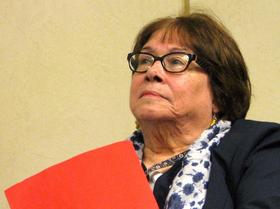
CEO of Hermitage Capital Management Ltd., William Browder speaking with The Associated Press in Davos, Switzerland in 2011.
Virginia Mayo/AP
The State Department has reportedly revoked a visa for British citizen Bill Browder, a hedge-fund manager-turned human-rights activist responsible for the Magnitsky Act. The 2012 U.S. law is aimed at punishing Russian officials believed responsible for the death in a Moscow prison of Sergei Magnitsky, who was allegedly beaten and denied medical care.
The cancelling of Browder’s visa came on the same day that the Kremlin issued yet another international arrest warrant for him via Interpol.
The Magnitsky Act, which freezes the assets and bans visas for certain Russians, including those close to Vladimir Putin “touched off a nasty confrontation with the Kremlin, and the two sides have been trying ever since to undermine the credibility of the other. Recently, however, Russian prosecutors have taken that effort to a remarkable new level, claiming that Mr. Magnitsky was actually murdered by Mr. Browder,” according to The New York Times.
Browder, who testified before the Senate Judiciary Committee in July, was once the largest private foreign investor in Russia. Magnitsky was his accountant and attorney. You can hear him here in a July interview with NPR, with a thorough take here by NPR’s Miles Parks.
As NPR’s Greg Myre reported in July:
“The Magnitsky Act re-emerged has a front-burner topic … in connection with the investigations surrounding President Trump’s campaign and possible links to Russian meddling in last year’s presidential race.
Russia has lobbied hard for repeal of the act. That’s what Russian lawyer Natalia Veselnitskaya said she was doing when she met with Donald Trump Jr. in June 2016 at Trump Tower in New York.”
Euobserver writes that, as in the previous four “Red Notices” rejected by Interpol, the latest such notice exploits a loophole called a “diffusion notice.”
According to the websites:
“Interpol rejected them all on grounds that they were politically motivated, but Interpol member states can file diffusions without any oversight.
“The diffusions, which are circulated to all members, often stay in national police databases even if Interpol later deletes them from its central system.”
The latest move by Russia has angered defenders of Browder, including Michael McFaul, the ambassador to Russia under President Obama from 2012-2014.
McFaul tweeted “this is outrageous,” and called on President Trump and the State Department to “fix this now.”
McFaul’s concern was picked up by Preet Bharara, the former U.S. Attorney for the Southern District of New York who was fired earlier this year by President Trump. Bharara “seconded” McFaul in the retweet, adding in a subsequent tweet that Russia’s allegation that Browder may have murdered Magnitsky is a “farce.”
CorrectionOct. 23, 2017
A previous headline for this story said the State Department had reportedly revoked a visit for Browder. It was a visa that was revoked.




